You may have heard the term “State Tax Levy” thrown around, especially during tax season, but what exactly does it mean? In this guide, we’ll break down the intricate details of a State Tax Levy, how it affects your financial standing, and steps you can take if you ever find yourself on the receiving end of one.
The Basics
First off, let’s clarify what a State Tax Levy actually is. It’s a legal seizure of your property to satisfy a tax debt. If you owe money to the state and fail to pay, the government can levy your assets, including bank accounts, wages, and even personal property like your car or home.
What Constitutes a State Tax Levy?
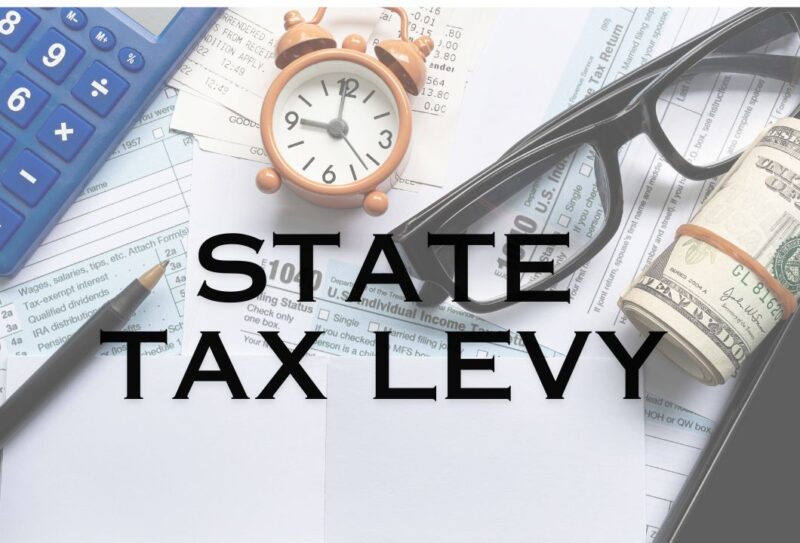
A State Tax Levy is usually the result of unpaid state taxes. However, the issuance of a levy is not instantaneous; it follows several formal steps. Initially, you’ll receive a notice stating your tax liability and a deadline to settle it.
Ignore that, and the state will send you a Final Notice of Intent to Levy, providing a final opportunity to pay or make arrangements. If you still don’t respond, the levy comes into effect.
Types of State Tax Levies
There are different kinds of levies that the state government can impose, depending on the nature of your assets and income streams.
- Bank Levies: The state can access and seize money from your bank accounts.
- Wage Garnishments: A portion of your wages can be deducted before reaching your pocket.
- Property Levies: Tangible property like cars, boats, and real estate can be seized and sold off.
Factors that Influence the Levy Process
Various elements can impact the speed and severity of the levy process. For example, the size of your tax debt, your history of previous debts, and your overall compliance with state tax laws can all be determining factors.
Some states also have statutes of limitations on how long they can attempt to collect a tax debt via a levy.
Legal Implications of a State Tax Levy
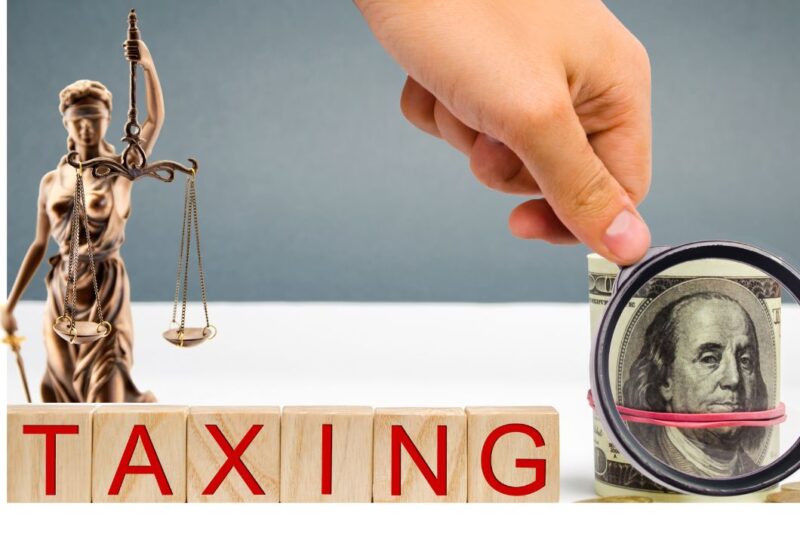 A State Tax Levy is not just a financial concern; it has significant legal implications as well. Failure to address it can result in more than just property seizure—it can lead to a downward spiral affecting various aspects of your life.
A State Tax Levy is not just a financial concern; it has significant legal implications as well. Failure to address it can result in more than just property seizure—it can lead to a downward spiral affecting various aspects of your life.
Consequences on Financial Health
A levy has a domino effect on your finances. It can dramatically lower your credit score, making it difficult to secure loans or credit lines in the future. Plus, the state’s claim on your wages can make budgeting a nightmare, as your income becomes inconsistent.
Impact on Professional Life
If your wages are garnished, your employer is legally obligated to comply with the levy, which can sometimes lead to uncomfortable workplace dynamics.
In extreme cases, frequent wage garnishments may even put your job at risk, as employers may not want to handle the administrative burden of garnishing an employee’s wages.
Legal Repercussions
Ignoring or failing to address a State Tax Levy could be considered tax evasion, a crime punishable by law. If it reaches this point, not only are you still on the hook for the tax debt, but you could also face fines or imprisonment.
How to Navigate a State Tax Levy
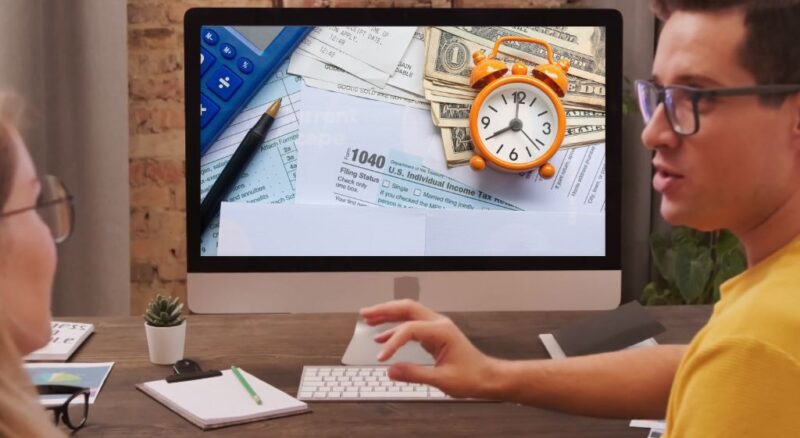
So you’ve received a notice about a State Tax Levy. It’s a stressful situation, no doubt, but not an insurmountable one. There are various strategies and remedies you can employ to either lessen the impact or potentially get the levy removed.
Understand Your Rights
The first thing you should do upon receiving a notice is to familiarize yourself with your rights as a taxpayer. You have the right to receive all notices and to a hearing prior to your property being levied.
You also have the right to appeal the decision, although the timeline for doing so is generally short.
Consult with Tax Professionals
Navigating a levy can be a complex process filled with legal jargon and complicated financial calculations. Enlisting the help of a tax advisor or attorney can provide you with expert advice tailored to your situation.
They can guide you through your options, which may include negotiating with the state for a payment plan or a settlement.
Take Immediate Action
Inaction is your worst enemy when facing a levy. Once you’ve consulted professionals and assessed your options, take immediate steps to address the situation.
This could mean setting up a payment plan, disputing the levy if you believe it was wrongly issued, or making arrangements to settle the debt for less than the full amount owed.
How to Prevent a State Tax Levy
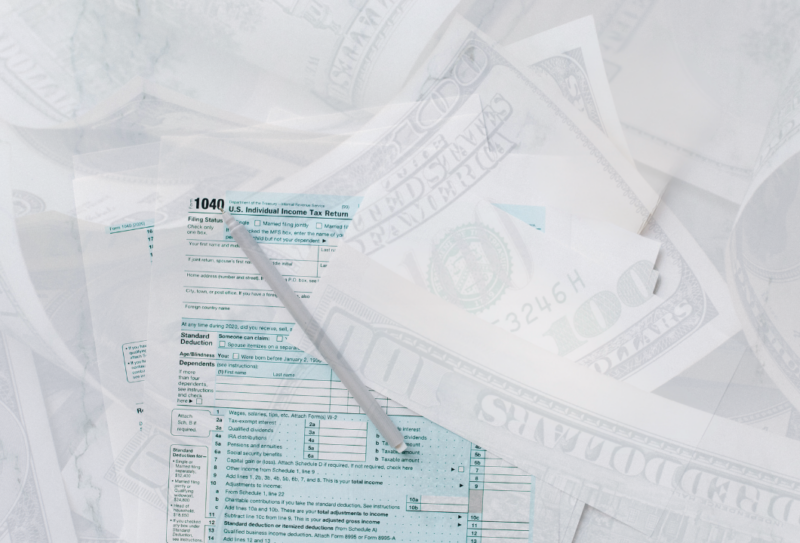
Prevention, they say, is better than cure. The following are some proactive steps to help you steer clear of ever facing a State Tax Levy.
Timely Tax Payments
The most straightforward way to avoid a levy is to pay your state taxes on time. Even if you can’t pay the full amount, making a partial payment can demonstrate your commitment to settling the debt, which could make the state more amenable to working out a payment plan.
Open Communication with Tax Authorities
If you foresee difficulties in meeting your tax obligations, don’t ignore the problem. Contact your state’s tax agency to discuss your situation and explore alternative payment options. This openness can sometimes prevent the initiation of the levy process.
Stay Updated with Tax Laws
Tax laws and regulations are not static; they change frequently. Staying updated with these changes can help you better plan your finances and, by extension, avoid falling into tax debt that could lead to a levy.
Case Studies: Learning from Real-life Scenarios
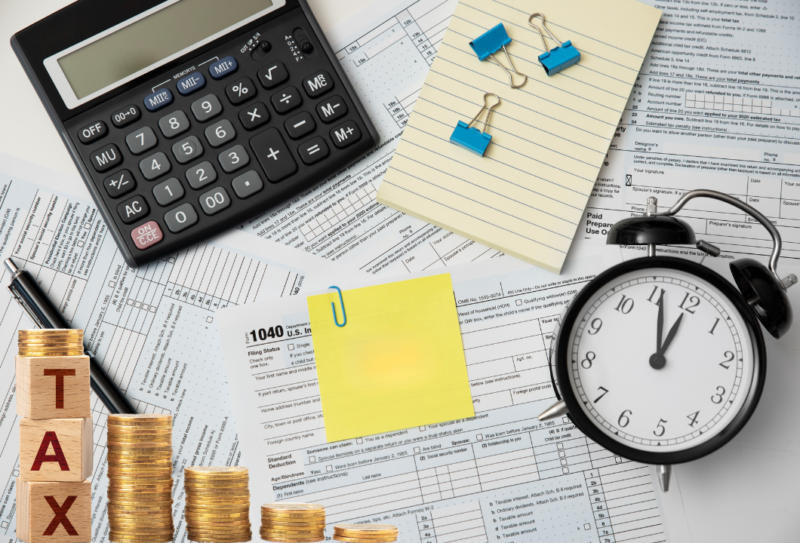
The theoretical implications and processes related to State Tax Levies are essential, but real-world examples can offer additional clarity. By looking at various case studies, we can identify best practices and common pitfalls that can provide valuable lessons.
Case Study 1: Neglect Leads to Severe Consequences
In this case, an individual neglected to pay state income taxes for several years and also ignored all notices sent by the state tax agency. Eventually, a levy was imposed, resulting in wage garnishments and a lien on their property.
The individual’s credit score plummeted, and they faced the risk of foreclosure. This example illustrates the perils of neglecting your tax obligations and not taking immediate action when a levy is imminent.
The situation could have been mitigated—or even avoided—by consulting tax professionals, setting up a payment plan, or negotiating with the state tax agency.
Case Study 2: Proactive Approach Pays Off
Contrastingly, another individual also found themselves unable to pay their state taxes but took immediate action. They hired a tax advisor, filed an appeal, and entered negotiations with the state tax agency.
Eventually, they were able to agree on a reduced settlement amount and avoided the harsher consequences of a levy. This case highlights the importance of proactive behavior.
Timely advice and open negotiations with the state led to a far more favorable outcome, minimizing the financial and legal impacts of a potential levy.
Advanced Tips for Businesses Facing a State Tax Levy

Businesses, like individuals, can also face State Tax Levies, and the stakes can often be much higher. Here are some advanced tips tailored for businesses.
The Scope of Business Assets Affected
When a business is levied, not just bank accounts but also receivables and inventory can be targeted. Be aware of which assets are at risk and take necessary precautions, such as changing the form of asset holdings, to minimize exposure.
Explore Legal Safeguards
Businesses often have more complicated structures and a wider array of assets than individuals. This complexity can sometimes offer legal safeguards against a levy.
Consult a tax attorney to explore ways you can legally protect your assets, such as by restructuring the business or entering into specific kinds of agreements that might limit the state’s access to them.
Engage in Preemptive Negotiations
If your business is at risk of a State Tax Levy, proactive negotiations can sometimes help in reducing the scope or severity of the levy.
You can negotiate for reduced penalties or extended timelines, which can give your business the breathing room it needs to settle the debt without facing crippling consequences.
FAQs
What Happens to Joint Bank Accounts in a State Tax Levy?

If a bank account is jointly held, a State Tax Levy can still affect the entire balance unless the non-liable party can prove that some or all of the funds belong solely to them.
It’s essential to consult with a tax advisor or attorney to explore options for protecting funds that should not be subject to the levy.
Can Retirement Accounts Be Levied?
Generally, retirement accounts like 401(k)s and IRAs are protected from State Tax Levies under federal law. However, once funds are withdrawn and deposited into a regular bank account, they become fair game for a levy unless other protections apply.
Is There a Priority Order for Multiple Levies?
If you’re subject to multiple levies, both federal and state, generally, the federal government takes precedence. However, the exact priority may depend on various factors, including the timing of the levies and the nature of the debt.
Can You Settle a Levy for Less Than Owed?

Yes, some states offer “Offer in Compromise” programs that allow you to settle your tax debt for less than the full amount owed.
The requirements and procedures vary by state, but generally, you’ll need to prove that you either can’t pay the full amount or that paying it would cause financial hardship.
How Long Does a State Tax Levy Last?
A State Tax Levy remains in effect until the debt is fully paid off or the state decides to release the levy. The duration may also depend on the state’s statute of limitations for tax collection, which can range from a few years to indefinitely.
Can You Transfer Assets to Avoid a Levy?
Transferring assets to evade a State Tax Levy is generally a bad idea and could be considered fraudulent. Such actions could not only result in the levy being enforced more aggressively but could also lead to additional legal consequences, including criminal charges for tax evasion.
Final Words
A State Tax Levy is a serious matter with both financial and legal repercussions. However, it’s not the end of the road. With the right knowledge and action plan, you can navigate through this challenging time and come out the other side relatively unscathed.
Just remember, the worst thing you can do is nothing. Taking proactive steps to address the issue head-on will serve you far better in the long run.
